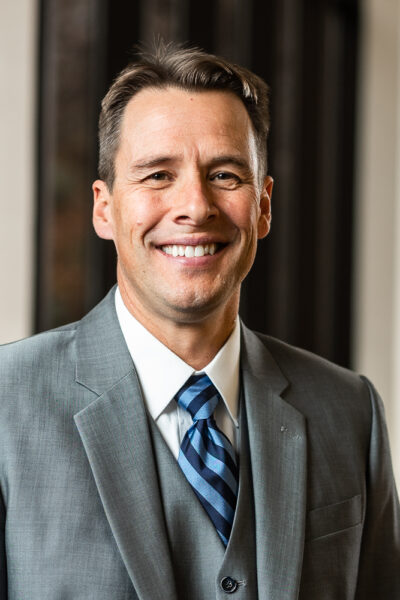
Curt Anderson
Curtis Anderson joined the Brigham Young University Law School faculty in August 2015 after over 20 years of experience in private practice and as an in-house lawyer. He teaches transactional skills courses in the areas of corporate formation and governance, mergers and acquisitions, securities and e-commerce, and supervises the BYU Law and Entrepreneurship Clinic. He is also a faculty member of the BYU Crocker Innovation Fellowship Program, an interdisciplinary, one-year innovation experience for undergraduate students taught with faculty from the Colleges of Business, Engineering, Life Sciences, and Physical & Mathematical Sciences.
Before coming to BYU Law, Professor Anderson was a Senior Vice President and the General Counsel of the Match Group, including match.com, Tinder, Meetic, People Media websites, okcupid.com, Twoo, tutor.com and The Princeton Review. Prior to joining the Match Group, Professor Anderson was a partner at Baker Botts in Dallas. Professor Anderson received his undergraduate degree from Brigham Young University, graduating magna cum laude and as the valedictorian of the Department of International and Area Studies. He earned his J.D., magna cum laude and Order of the Coif, from the Brigham Young University Law School, where he was a Lead Articles Editor of the Law Review.
Full Profile
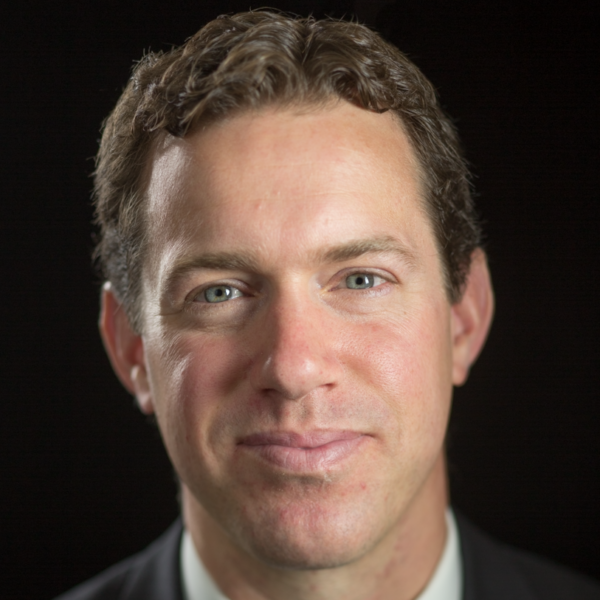
Clark Asay
Professor Clark Asay joined the BYU Law faculty in June 2014. Professor Asay’s research and teaching interests focus on intellectual property law, technology, and innovation. He has published papers relating to patents, copyright, open source software licensing, and information privacy. Before coming to BYU, Professor Asay was a Visiting Assistant Professor and Shughart Scholar at Penn State’s Dickinson School of Law from 2012-2014. Prior to entering legal academia, Professor Asay worked at Amazon’s Lab126 and at the law firm of Wilson Sonsini Goodrich & Rosati. Professor Asay is a graduate of Stanford Law School, where he was an Executive Editor for the Stanford Law Review. Professor Asay also earned an M.Phil from the University of Cambridge and a BA, summa cum laude, from Brigham Young University.
Full Profile
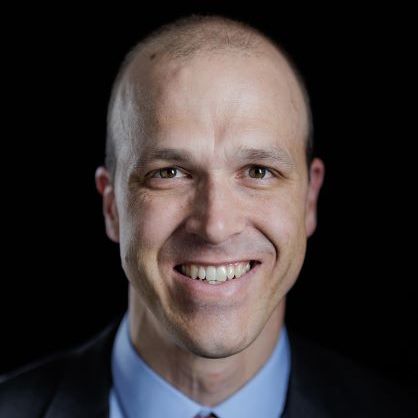
William W. Clayton
William Clayton is a business law scholar whose work focuses primarily on the law and policy of private markets. He is a leading researcher in the area of private equity fund contracting and governance, and his scholarship and comment letters have been cited extensively in Securities and Exchange Commission rule-making on private investment funds. Clayton's work has been published or is forthcoming in journals including the Vanderbilt Law Review, the Yale Journal on Regulation, and the Harvard Business Law Review, and he is also a contributing author to multiple forthcoming research handbooks on private equity and venture capital. Clayton is also the director of the BYU Law Deals Academy, an annual immersive transactional law program in New York City for first-year students. Before joining BYU Law in 2018, Clayton worked as a corporate lawyer at Wachtell, Lipton, Rosen & Katz and as a private funds lawyer at Simpson Thacher & Bartlett LLP in New York City, and he was the Executive Director of the Yale Law School Center for the Study of Corporate Law. He holds a J.D. from Yale Law School, an M.B.A. from Stanford Graduate School of Business, and a B.A. from Stanford University.
Full Profile
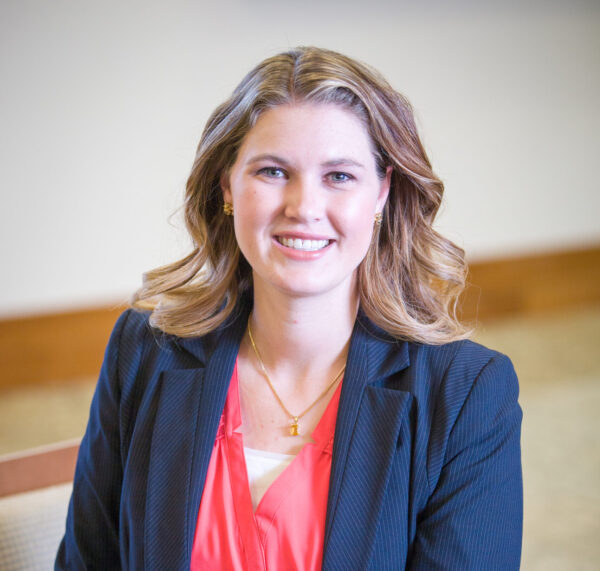
Elysa Dishman
Professor Elysa Dishman joined the BYU Law faculty in 2016. Her scholarship focuses on government enforcement actions and corporate compliance. She is a leading expert on multistate litigation brought by state attorneys general and has published articles on that topic in top law reviews including Notre Dame Law Review, Alabama Law Review, Arizona State Law Journal, and BYU Law Review. She teaches courses on corporate compliance, business organizations, professional responsibility, and criminal law. Prior to joining the faculty, she was a senior litigation associate at Baker Botts L.L.P. in Washington, D.C. where she defended clients in state and federal enforcement actions. She holds a J.D. from the University of Virginia and B.A. from Brigham Young University.
Full Profile
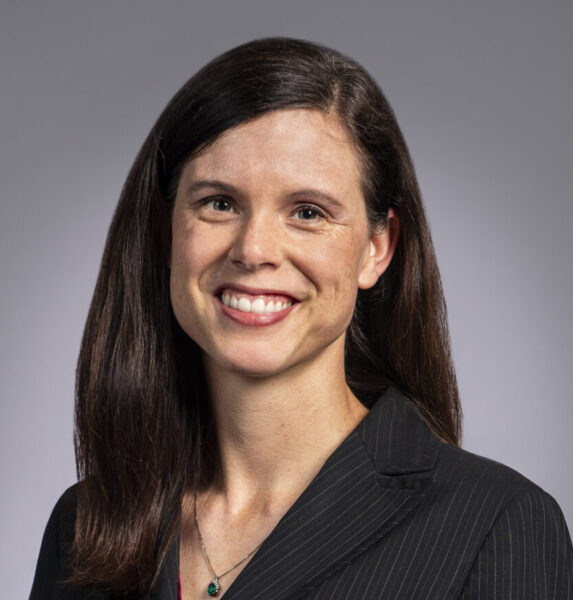
Brook Gotberg
Brook Gotberg joined the faculty in 2020. Professor Gotberg’s scholarship focuses primarily on debtor and creditor relations, both in and out of bankruptcy. She has published articles on the impact of bankruptcy provisions on small and medium-sized enterprises, the treatment of preferential transfers in the bankruptcy code, and more generally on the laws and policies shaping business reorganization in the United States. She teaches Bankruptcy, Contracts, Secured Transactions and other commercial law subjects. Prior to joining the law faculty, Professor Gotberg was a tenured professor for the University of Missouri Law School and practiced commercial law with Sullivan & Cromwell in Los Angeles, California. She is a former clerk to Judge Milan D. Smith Jr. on the Ninth Circuit Court of Appeals and the Honorable Thomas B. Donovan in the Bankruptcy Court for the Central District of California. Professor Gotberg graduated magna cum laude from Brigham Young University with a B.A. in political science, and received her J.D. cum laude from Harvard Law School.
Full Profile
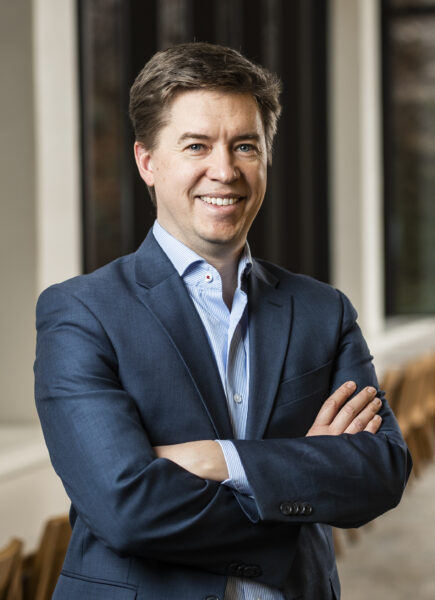
Matt Jennejohn
Professor Matthew Jennejohn's research analyzes the relationship between legal institutions and equitable economic growth, with a particular focus upon mergers & acquisitions, technology alliances, contract theory, and corporate governance. In autumn 2019, Professor Jennejohn served as the Justin W. D'Atri Visiting Professor of Law, Business & Society at Columbia Law School. Prior to joining the academy, Professor Jennejohn practiced in the New York office of Shearman & Sterling LLP and served as a law clerk for Vice Chancellor Leo E. Strine, Jr. of the Delaware Court of Chancery. Professor Jennejohn is a graduate of Columbia Law School, the London School of Economics, and Brigham Young University.
Full Profile

Cree Jones
Professor Jones was a Harry A. Bigelow Teaching Fellow and Lecturer in Law at the University of Chicago Law School. Prior to starting his fellowship he completed a PhD in Economics at the University of Chicago. He also holds graduate degrees in law and public policy from the University of Michigan and in teaching from Johns Hopkins University. He previously worked as lead consultant to the International Investment Agreements (IIA) Section at the United Nations Conference on Trade and Development to design and implement the IIA University Mapping Project. This project culminated in the creation of a new database on the provision-level content of more than 2,500 bilateral investment treaties. His research is on international economic law with an emphasis on trade and investment. Professor Jones joined the faculty in 2020.
Full Profile
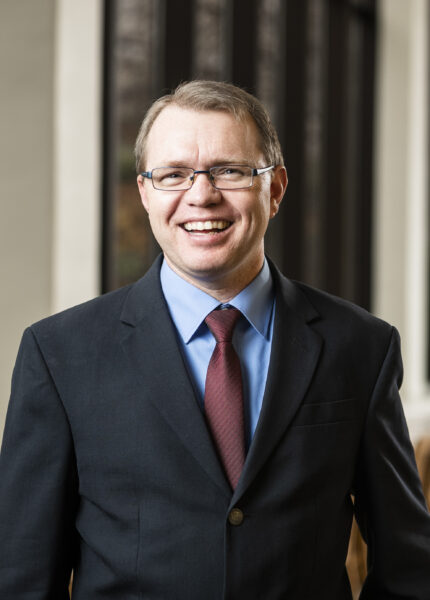
Aaron Nielson
Professor Nielson lectures and writes in the areas of administrative law, antitrust, civil procedure, and federal courts. His publications have appeared in the University of Pennsylvania Law Review, Duke Law Journal, University of Chicago Law Review, Northwestern University Law Review, and Georgetown Law Journal. He serves as Chair of the Administrative and Management Committee of the Administrative Conference of the United States and also serves on the Council of the American Bar Association’s Section of Administrative Law & Regulatory Practice.
Before joining the faculty, Professor Nielson served as a law clerk to Justice Samuel A. Alito, Jr. of the U.S. Supreme Court, Judge Janice Rogers Brown of the U.S. Court of Appeals for the D.C. Circuit, and Judge Jerry E. Smith of the U.S. Court of Appeals for the Fifth Circuit. Professor Nielson received his J.D. from Harvard Law School and an LL.M from the University of Cambridge, where he focused his studies on the institutions that regulate global competition and commerce. He received his undergraduate degree from the University of Pennsylvania.
Full Profile
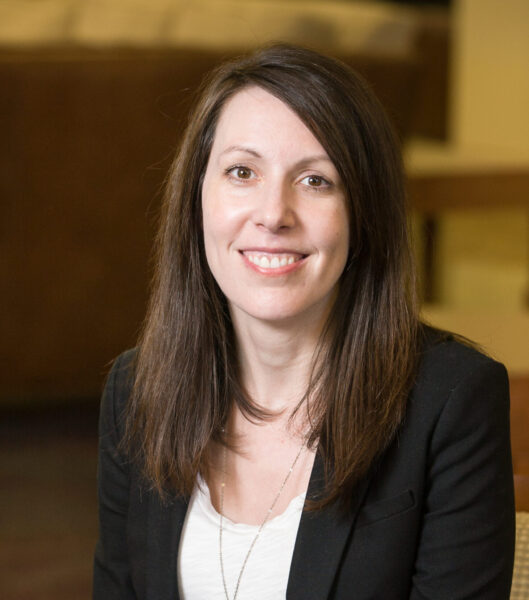
Stephanie Plamondon
Stephanie Plamondon joined the BYU Law faculty in 2015. Her research focuses on mind sciences, innovation, and the law. She is particularly interested in applying empirical work in psychology and neuroscience to current legal and policy challenges in intellectual property law, criminal law, public health law, and other areas. Prior to joining BYU's faculty, Professor Plamondon was the resident academic fellow with Stanford's Program in Neuroscience and Society (SPINS), a joint initiative of Stanford Law School and Stanford Department of Psychology. She also spent time as a patent litigation attorney at Goodwin Procter in Boston, and as a law clerk for the Honorable Raymond C. Clevenger III on the Court of Appeals for the Federal Circuit in Washington, D.C. In Fall 2018, she was a visiting professor at Notre Dame Law School. Professor Plamondon holds a J.D. (cum laude) from Harvard Law School, a Ph.D. in Neuroscience from the University of Utah School of Medicine, and an undergraduate degree in Physics from the University of Prince Edward Island in her hometown of Charlottetown. Her legal writing has been published in the Northwestern University Law Review, the Boston University Law Review, the Ohio State Law Journal, the Berkeley Technology Law Journal, and the Connecticut Law Review, among other outlets. Her science writing has appeared in Nature, Animal Behaviour, and the Journal of Comparative Psychology.
Full Profile
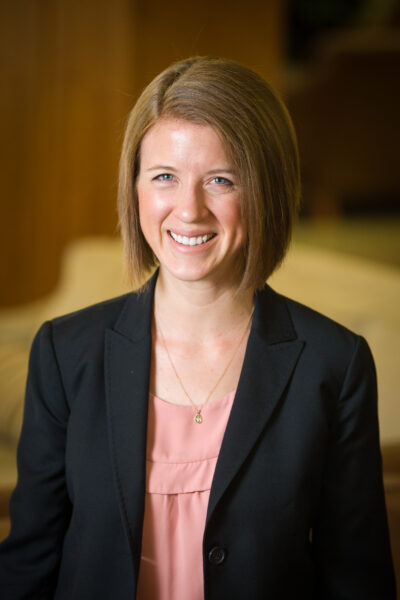
Gladriel Shobe
Professor Gladriel Shobe joined the BYU Law faculty in 2016. Professor Shobe is a leading expert on the Up-C IPO structure and tax receivable agreements, and her scholarship has analyzed these topics from both a doctrinal and empirical perspective. Her work on these topics has been cited extensively, including in the Financial Times and in Delaware judicial proceedings. Professor Shobe holds an LL.M. in taxation from New York University, a J.D. from Yale Law School, and a B.A. from Brigham Young University.
Full Profile
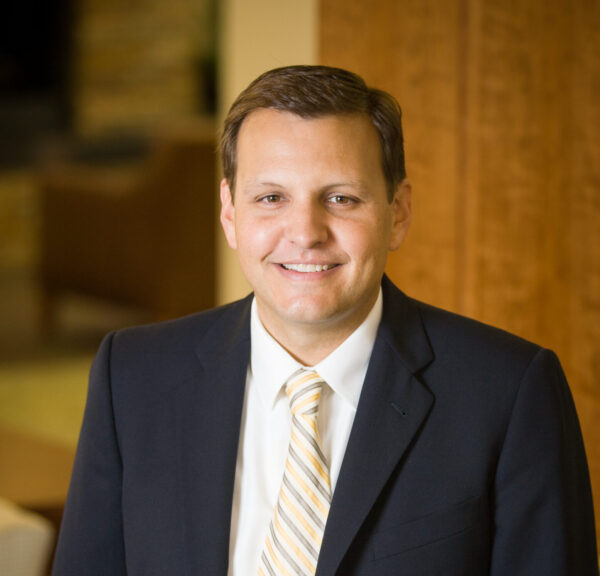
Jarrod Shobe
Professor Jarrod Shobe joined the BYU Law faculty in July 2016. Prior to coming to BYU, Professor Shobe worked as a tax associate at Debevoise & Plimpton in New York City primarily representing investors in private equity and hedge funds. Professor Shobe is an expert in partnership taxation and complex corporate and partnership structures, including private equity tax and fee structures. Professor Shobe teaches partnership tax, business organizations, and legislation and regulation. He has also co-taught a course at Yale Law School on private equity fund formation structures. Professor Shobe’s research interests are in private equity funds, dual-class business structures, and the intersection between the legislative process and statutory interpretation. Professor Shobe is a graduate of Yale Law School. He also holds a B.S. in Accountancy and a B.A. in Political Science from Arizona State University.
Full Profile
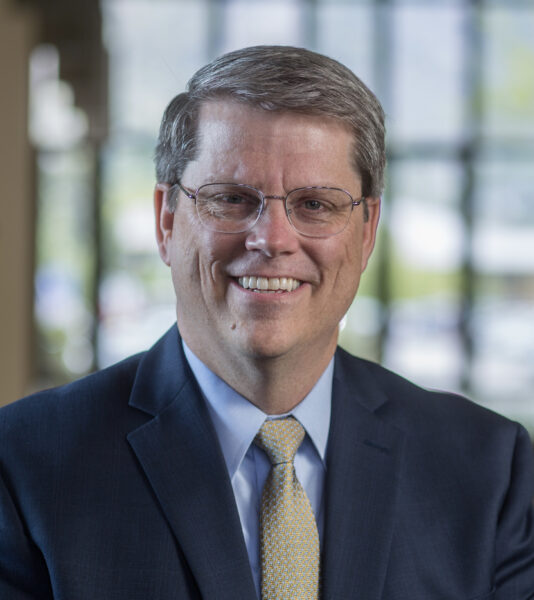
D. Gordon Smith
Dean Gordon Smith is a leading figure in the field of law and entrepreneurship and has done foundational work on fiduciary theory. He has also made important contributions to the academic literature on corporate governance and transactional lawyering. He co-founded (with Brian Broughman of the Indiana University School of Law) the Law & Entrepreneurship Association, a scholarly society that encourages the study of law and entrepreneurship by organizing conferences and building networks of scholars. He is also one of the founding faculty members of the Crocker Innovation Fellowship at BYU. A Delaware corporate lawyer, Professor Smith has written extensively on fiduciary law and also co-authors a popular teaching casebook, Business Organizations: Cases, Problems & Case Studies, with Professors Cynthia Williams and Summer Kim. Before entering academe, Dean Smith clerked for Judge W. Eugene Davis in the United States Court of Appeals for the Fifth Circuit and was an associate in the Delaware office of the international law firm Skadden, Arps, Slate, Meagher & Flom.
Full Profile











